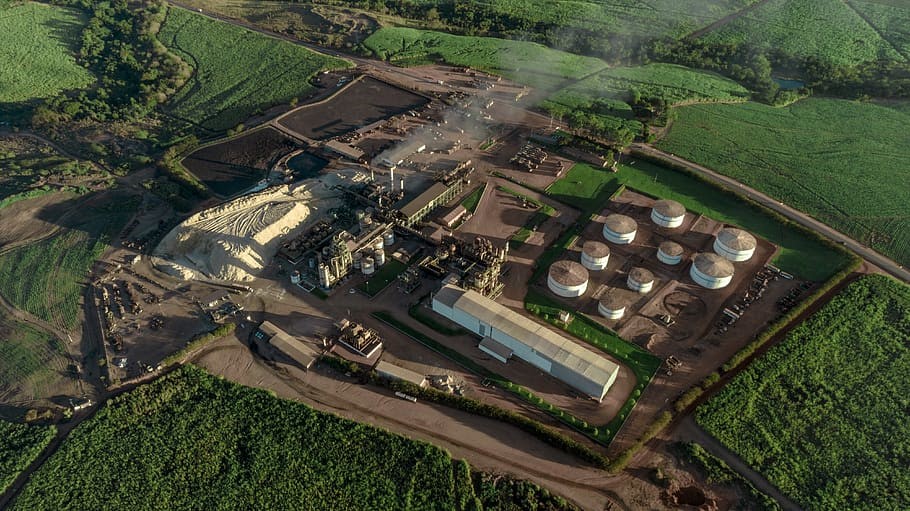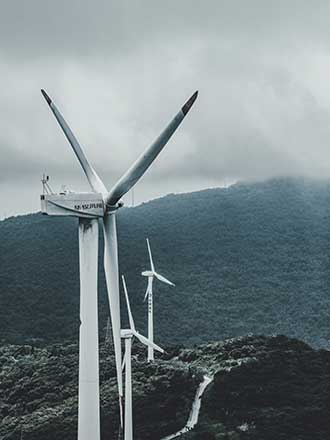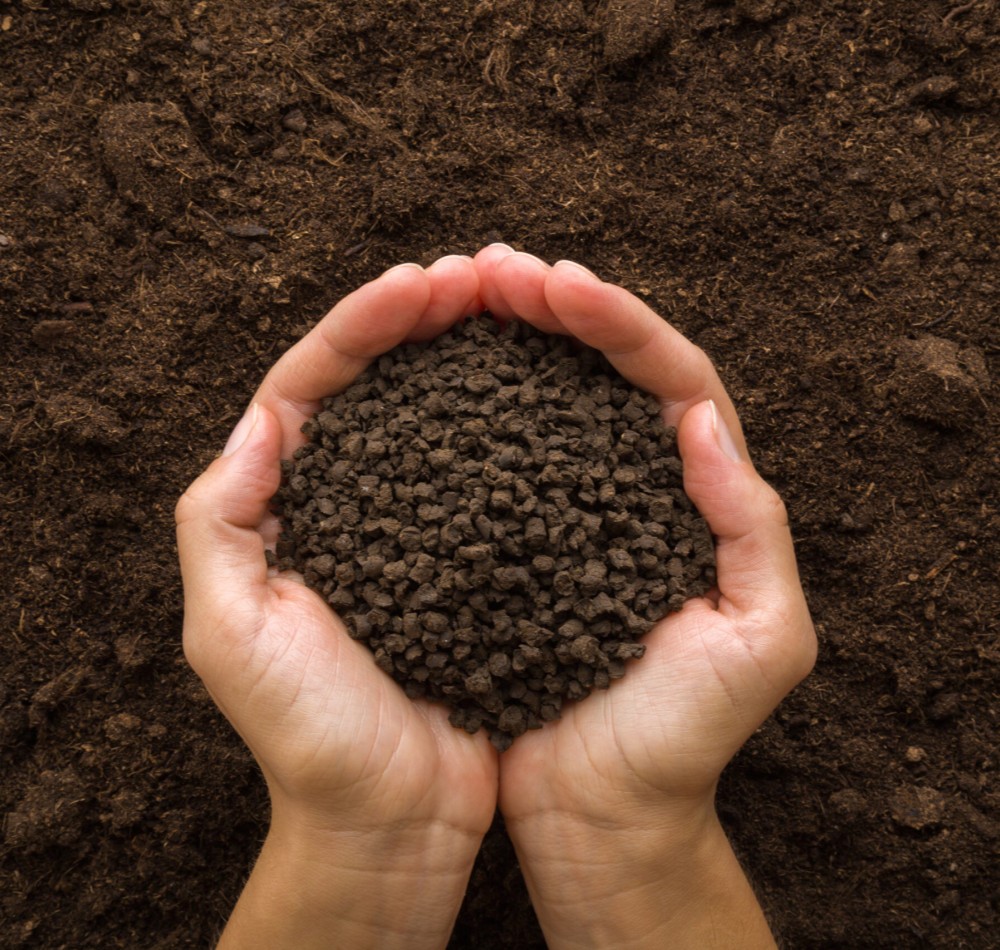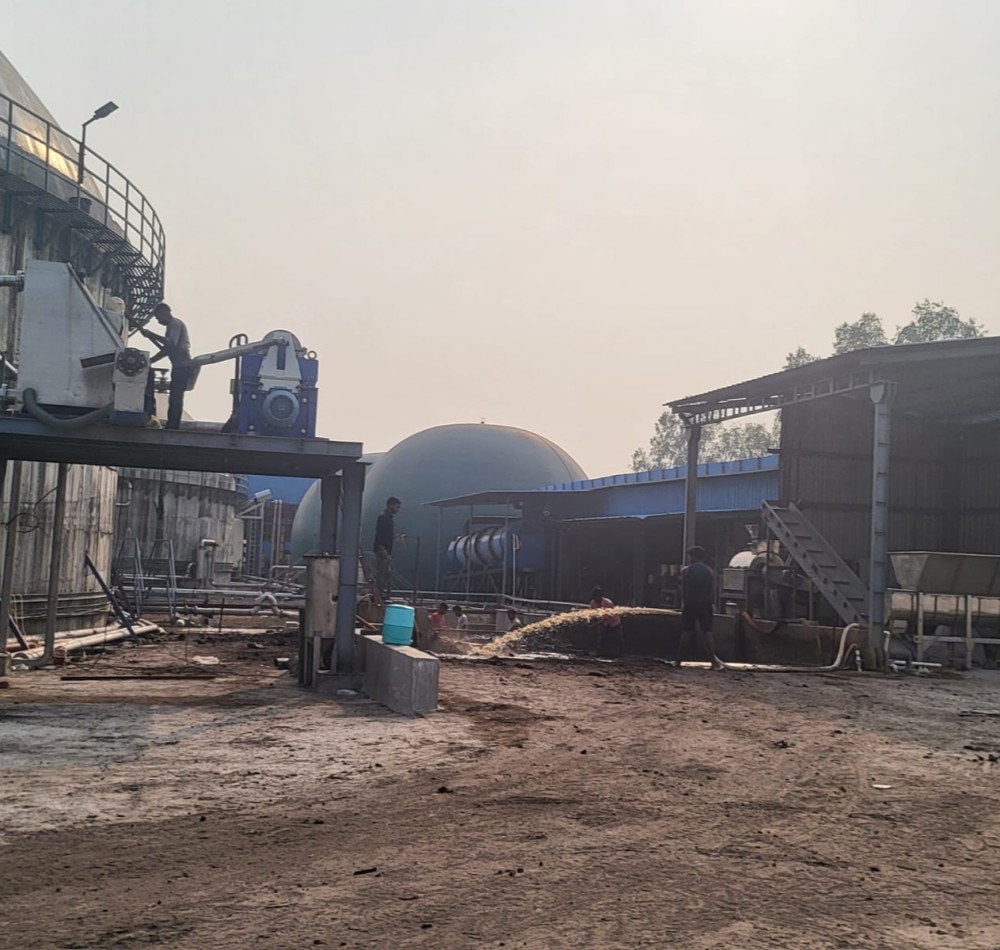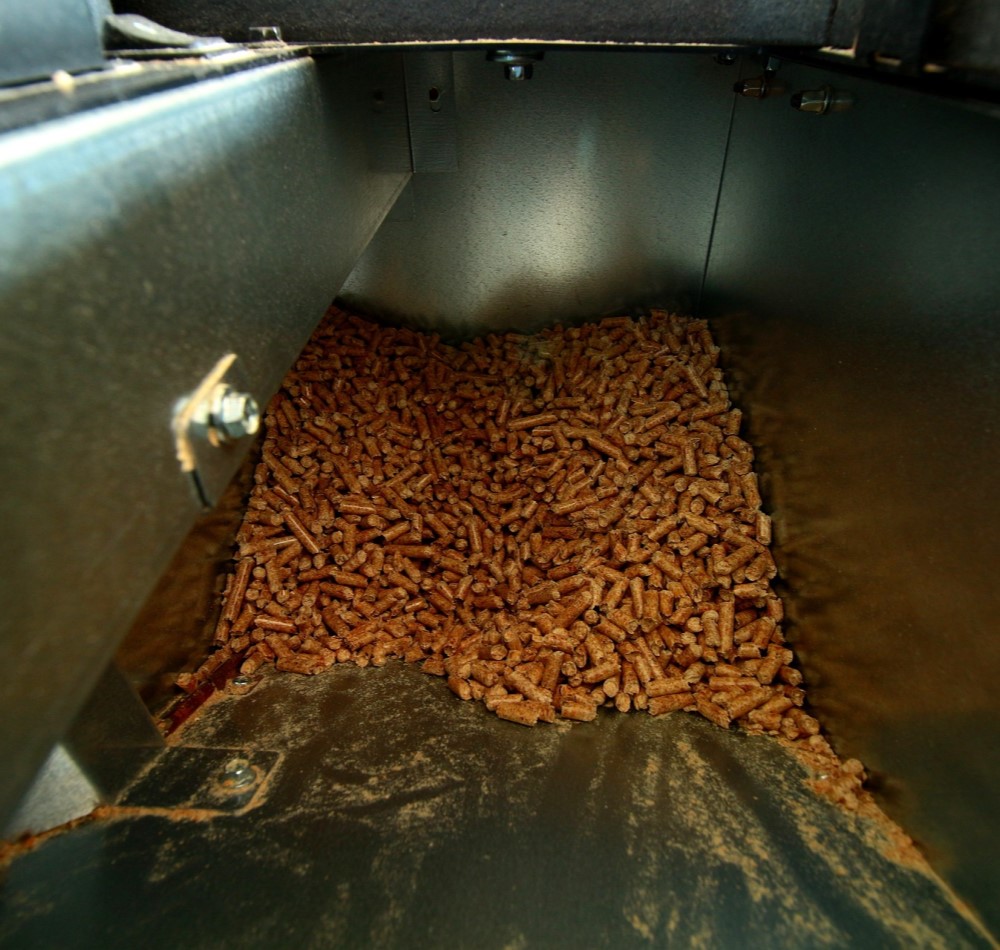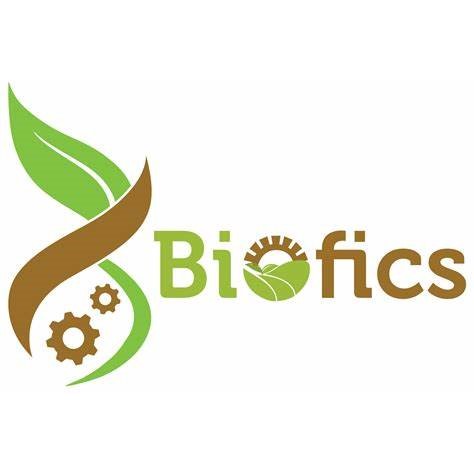overview
The production of ethanol, ammonia, and aviation turbine fuel from solid waste is an innovative and sustainable approach that aims to convert waste materials into valuable products. Here's an overview of each of these processes:
Ethanol Production
Ethanol is a biofuel that can be produced from various biomass feedstocks, including solid waste. The process involves several steps, starting with the collection and sorting of suitable waste materials, such as agricultural residues, food waste, or cellulose-rich materials. These feedstocks undergo pretreatment to break down complex carbohydrates into simpler sugars. Enzymes or acids are then used to convert the sugars into ethanol through fermentation. The resulting ethanol can be used as a renewable fuel additive or as a standalone fuel for transportation, reducing greenhouse gas emissions and decreasing reliance on fossil fuels.
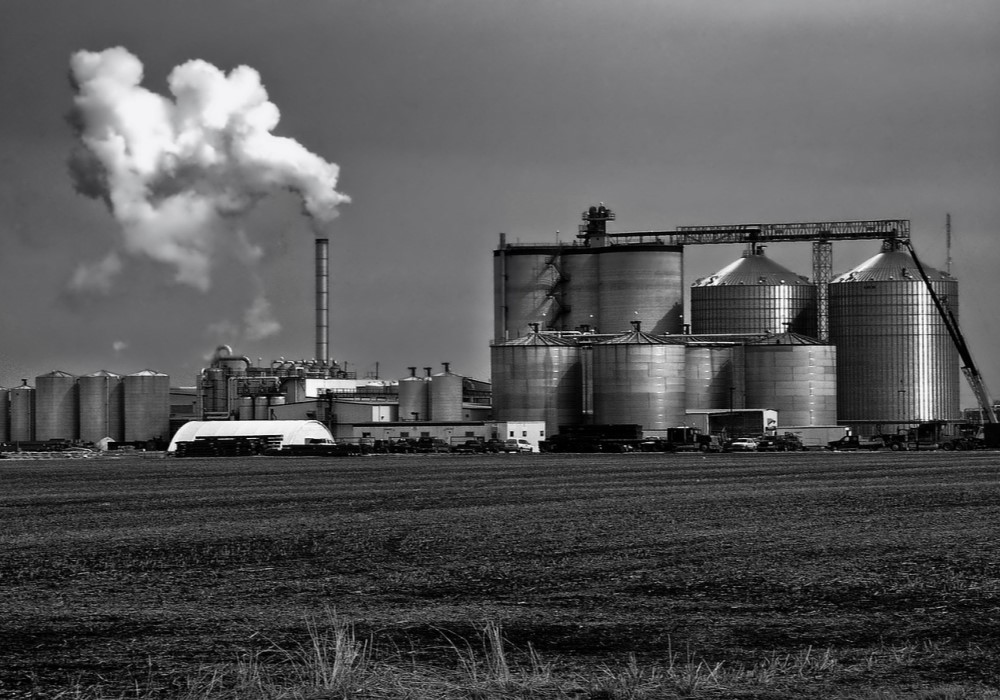
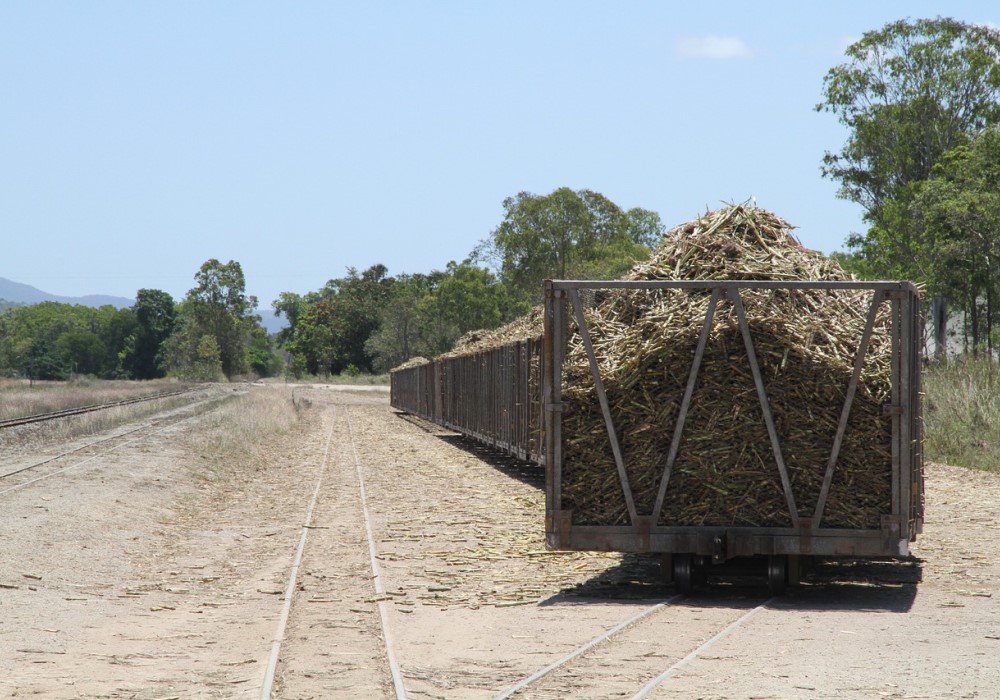
Ammonia Production
Ammonia is a key component in the production of fertilizers and chemicals. The process of producing ammonia from solid waste typically involves gasification or pyrolysis, where the waste materials are heated in the absence of oxygen to produce syngas (a mixture of hydrogen and carbon monoxide). The syngas is then subjected to a catalytic reaction known as the Haber-Bosch process, which converts hydrogen and nitrogen into ammonia. This ammonia can be used as a nitrogen-rich fertilizer or as a feedstock for various chemical processes, contributing to circular economy practices and reducing the need for traditional ammonia production methods reliant on fossil fuels.
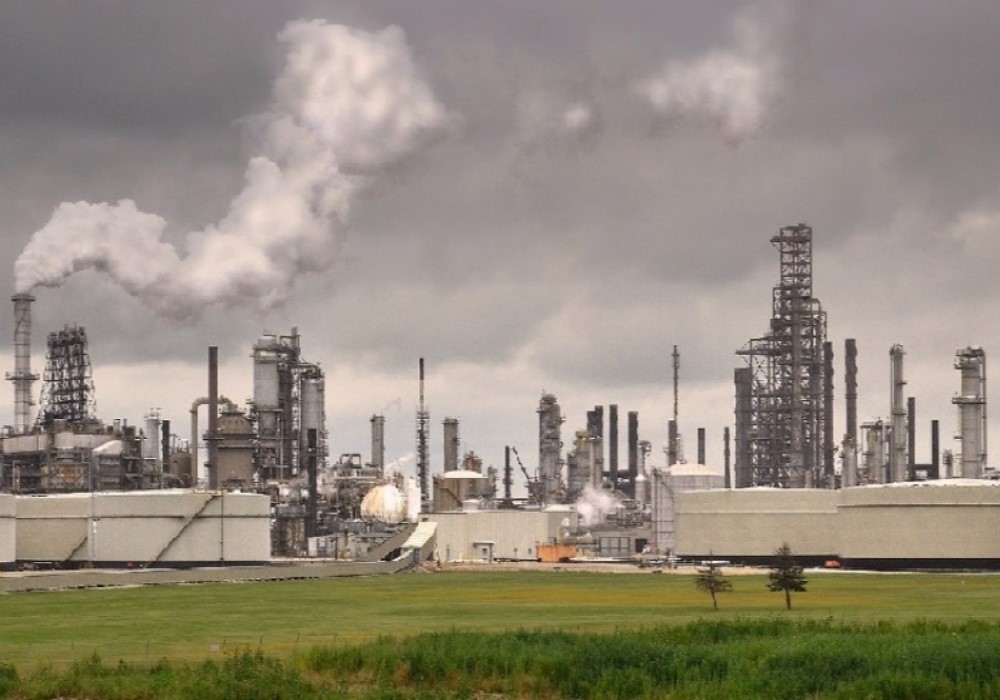
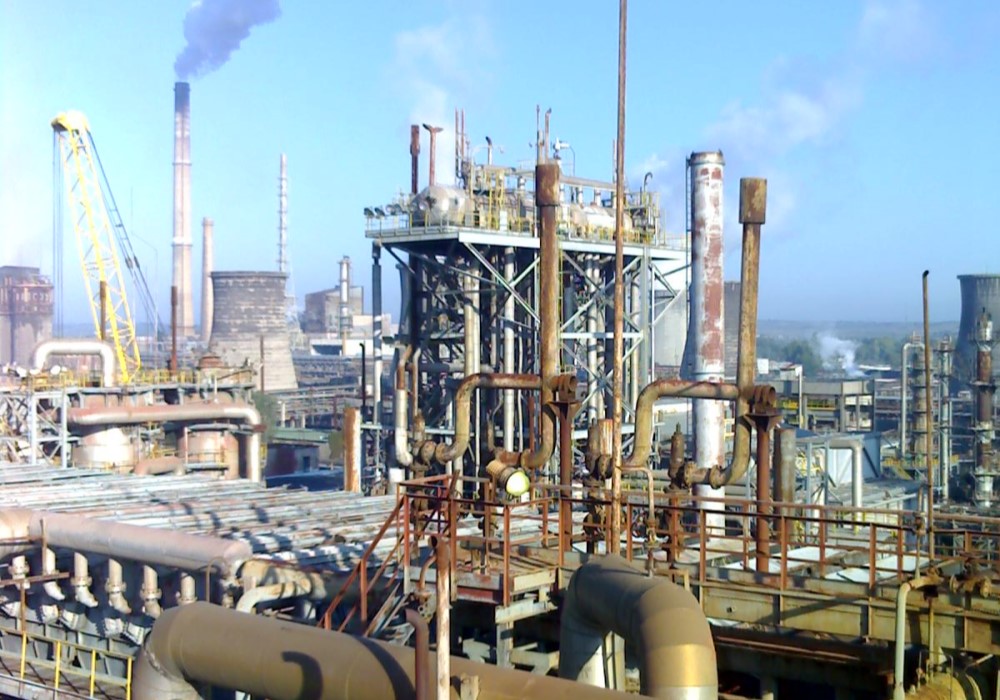
Aviation Turbine Fuel
The production of aviation turbine fuel from solid waste involves a two-step process: gasification and synthesis. Gasification converts the solid waste into syngas, similar to the ammonia production process. The syngas, containing a mixture of hydrogen and carbon monoxide, is then subjected to a catalytic reaction called the Fischer-Tropsch process. This process converts the syngas into a hydrocarbon liquid fuel, which can be further processed and refined to meet the specifications of aviation turbine fuel. The resulting fuel can be used as a sustainable alternative to traditional jet fuel, reducing carbon emissions in the aviation industry and promoting a greener and more environmentally friendly approach to air travel.
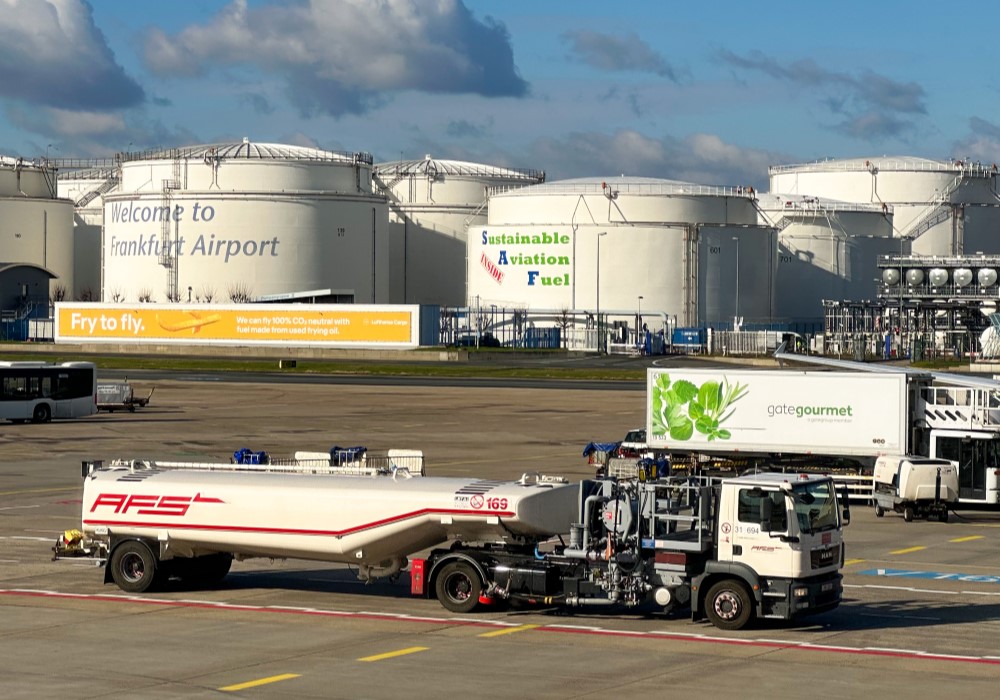
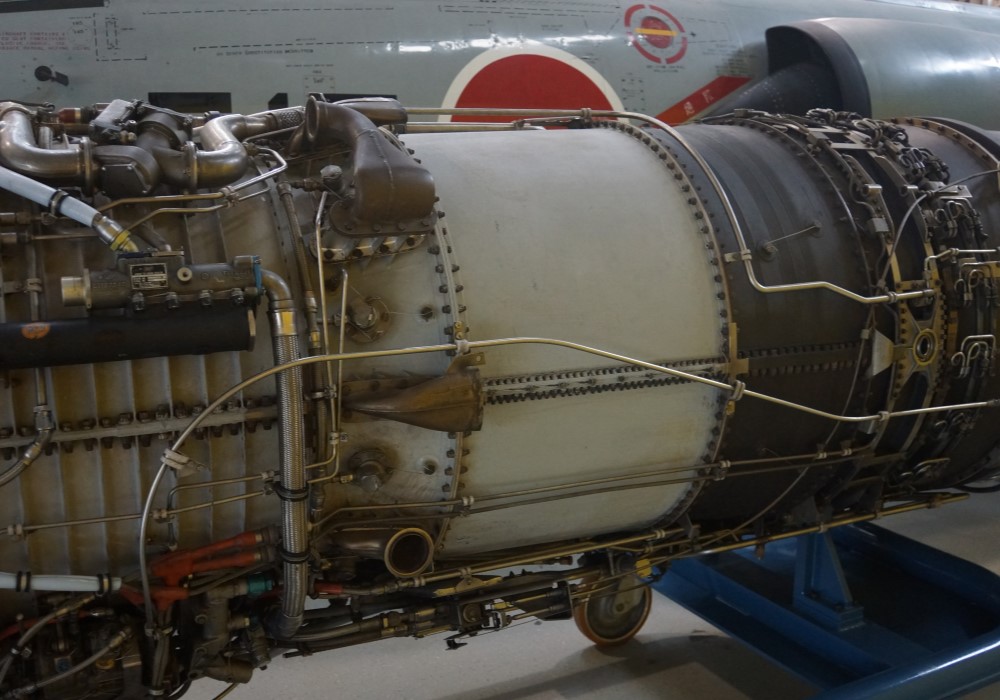
Overall, the production of ethanol, ammonia, and aviation turbine fuel from solid waste offers numerous environmental and economic benefits. These processes enable the conversion of waste into valuable products, reduce greenhouse gas emissions, promote sustainable energy sources, and contribute to waste management and circular economy practices.
